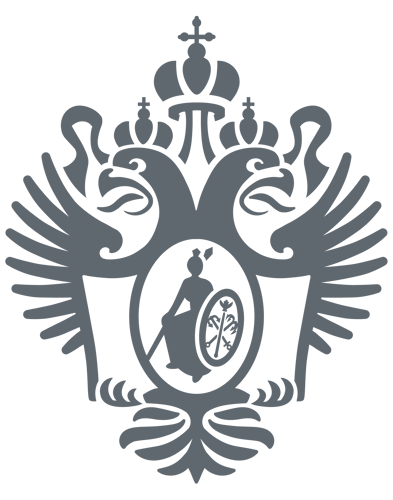Superconducting FT-NMR spectrometer AVANCE IIITM 400 MHz WB optimized for High Power Solids Applications.

NMR-spectroscopy is a spectroscopic method, which is based on the phenomenon of nuclear magnetic resonance. Since this method is very sensitive to local changes in the material, it is widely used to study the structure and properties of various materials, as well as the dynamics of processes occurring in them.
The main advantages of NMR
• High resolution: on 10 orders higher, than by optical spectroscopy.
• Possibility to consider a number of resonating nuclei. It gives opportunities for the quantitative analysis of the substance.
• NMR-spectra depend on the nature of the processes occurring in the substance. Therefore, these processes can be studied by this method. Moreover, the time scale gets available in a very wide range - from many hours to a small fraction of a second.
• Modern electronic equipment and computers allow to obtain the parameters characterizing the phenomenon in handy for researchers and users NMR form. This is especially important for the practical use of the experimental data.
• The spectrometer allows to register the NMR spectra of most elements of the periodic table in a wide temperature range.
Completing
• B-SVT – Bruker Smart multichannel Temperature Control System with digital smart VT sensor interface and enhanced gas flow supervision. Connects to thermocouple and heater incorporated into Bruker probes. All functions under full computer control. Temperature settability – +/-0.1oC. Temperature measurement precision – +/-0.01oC (with +/-1oC room temperature stability).
• Probe CP/MAS double resonance. Temperature range – -120°C to +300°С; tuning range – 1H, 109Ag-13C. Maximum rotation speed of at least 15 kHz.
• LT MAS heat exch. System, for VT below -150°C (e.g. with suitable DVT probes); incl. SmartVT interface.
• DVT triple resonance CP/MAS Probehead, WB, -140°C - +150°C with one H/C/N insert; tuning range – 31P-15N.
• HPBBHT for solid state wideline, solenoid coil 5, 7.5, and 10 mm, tuning range: 109Ag-31P, temperature range: -100°C to + 400°C with Ceramics chamber.
• Cryo unit for low temperature probes, incl. cryostat, temp. controller, transfer tube 100-400 MHz, 500 MHz.
• HPBBLT LTSTAT' Low temperature wideline probe, solenoid coil 5 mm 2H, tuning range – +/-10% , temperature range – (8)-350K.
• Wideline probe for 1 H and 19 F. Diameter of coil – 5 mm, temperature range – -150°C - +250°С, tuning range – 1H-19F.



